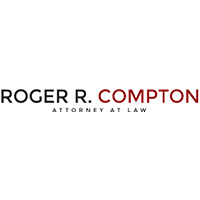 Gibson Reorganization Lawyers, North Carolina
Gibson Reorganization Lawyers, North Carolina
Not enough matches for Gibson Reorganization lawyer.
Below are all Gibson Bankruptcy & Debt lawyers.
Sponsored Lawyers
1-8 of 8 matches
Bankruptcy & Debt, Family Law, Divorce, Traffic
At the North Carolina law firm of Roger R. Compton, Attorney At Law, our attorneys provide experienced and dedicated representation. From initial consultations to trial, we aggressively support our clients' best interests and constantly strive to be the best advocate for our clients. Whether our clients need assistance with family law matters, filing for bankruptcy, applying for Social Security benefits or fighting a traffic violation, our attorneys are dedicated to serving their needs.
(more)





